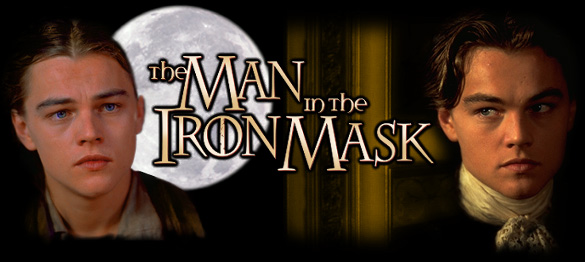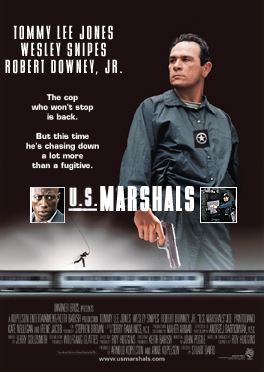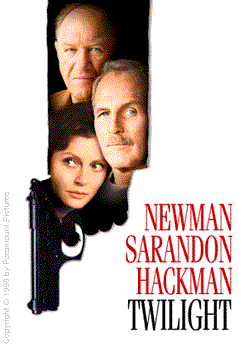Niagara Niagara is a road movie that shouldn’t be one. Telling the story of two loners tossed together by fate, the film survives only on the basis of one strong performance.
Seth (Henry Thomas) and Marcy (Robin Tunney) are shy outcasts. They come from different worlds (Seth is poor, Marcy rich), but neither has felt love. The two loners literally run into each other while shoplifting at the same store, and immediately hit it off. Before they know it, the couple begin a road trip to Canada in search of an elusive black Bobbi head.
Marcy isn’t like other girls, however. She has Tourette’s Syndrome. At first she tries to restrain her tics and unintentional vocal outbursts, and Seth is too timid to ask her about it. But eventually, she informs him about her condition. It turns out there is a prescription drug which could help her, but she left her prescription at home. Rather than simply contacting her doctor, or getting a new prescription, she and Seth decide to try every pharmacy the run across during their road trip. Surely some nice pharmacist will give her the drugs, no questions asked.
Robin Tunney delivers a good performance, even if the premise is a bit forced. She delivers the various tics and idiosyncrasies with natural ease, making them seem to emerge from the character, rather than the actor.
Yet, the movie seems trapped by its own conventions. What might have been a touching love story is shackled by being forced to conform to its preconceived “road movie” standards. The movie is pointlessly filled with bizarre characters, such as the psycho druggist, or Walter (Michael Parks), the chicken-obsessed tow-truck driver. None of these characters seem to flow with the story. Rather, they are artificial constructions which are meant for amusement, but only serve to disappoint.
At any time when the relationship between Seth and Marcy seems to get interesting, all of a sudden the movie’s MacGuffin raises its ugly head (or Bobbi head as the case may be). The goal of the pair’s quest is only interesting to the audience to the extent that it motivates the action and reveals the characters. In Niagara Niagara, the trip is more about the trip than Seth and Marcy.
Overall, the only reason to see this film is the performance by Robin Tunney. It definitely fails as a road movie, a crime spree, or even as much of a romance.







